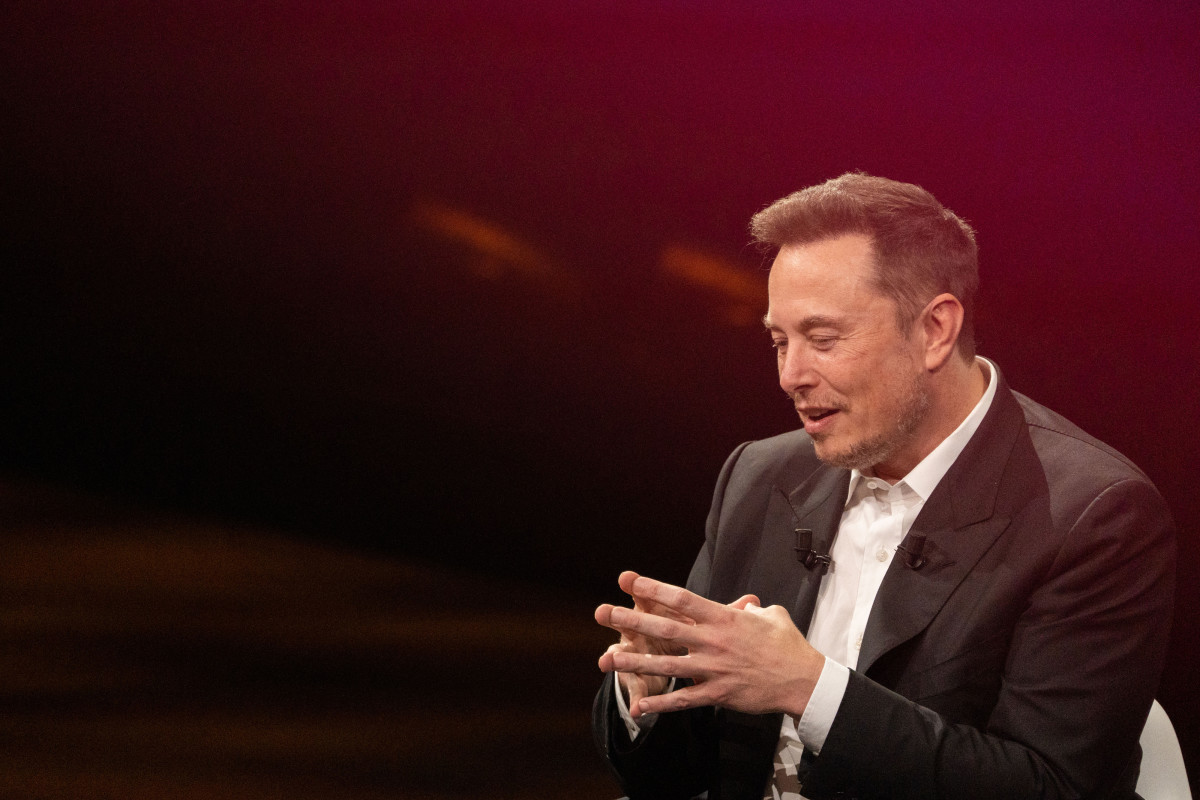
The Russian invasion of Ukraine, launched Feb. 24, 2022, began with a concerted Russian effort to disable Ukraine's internet access, crippling the country's military effectiveness. That led the Ukrainian government to turn to the only available person who could help: Elon Musk, whose space exploration firm operates an ever-growing network of internet satellites called Starlink.
Just days after the war began, Musk — a tech magnate and the world's richest man — was right in the middle of it.
"Ever since he was a scrawny and socially awkward kid getting beaten up on his school playground in South Africa, Elon Musk has liked to imagine himself as a hero rushing to the rescue, engaged in epic quests," Walter Isaacson, a professor of history at Tulane University and the author of the coming biography "Elon Musk," wrote in an excerpt of the book.
"The war in Ukraine, when no other company or even country could manage to keep communications satellites working, gave him a center-stage opportunity to show his humanitarian instincts while playing superhero."
But in September, when Musk learned that the Ukrainian military was attempting to destroy the Russian naval fleet at Sevastopol in Crimea, he panicked, according to Isaacson, calling the author and explaining that if the attack goes through, it could incite nuclear warfare, with Starlink -- and by extension, Musk -- partially responsible.
According to Isaacson, Musk turned off Starlink coverage within 100 km (62 miles) of the Crimean coast; the Ukrainian attack failed.
Musk later clarified the situation on X, saying that nothing was ever deactivated; he received an emergency request from the government to activate Starlink service all the way out to Sevastopol.
"If I had agreed to their request, then SpaceX would be explicitly complicit in a major act of war and conflict escalation," Musk said.
More Elon Musk News:
- Elon Musk Says He Has the Answer About Aliens
- How Elon Musk Was Able to Exert Control in Ukraine War
- Elon Musk Makes a Big Offer to Major Aerospace Competitor
Musk proceeded to explain to U.S., Russian and Ukrainian government officials that he had no interest in allowing Starlink to be used offensively, according to Isaacson.
It was around this time that Musk posted his highly ridiculed peace plan for the two countries, in which Crimea -- which Russia annexed in 2014 -- would remain a part of Russia and Ukraine would not join NATO.
Musk continued to restrict Ukraine's Starlink access along the frontlines, eventually setting off a question of financial burdens and support, prompting a late-night phone conversation between Musk and Isaacson.
“How am I in this war? Starlink was not meant to be involved in wars," Musk told the author. "It was so people can watch Netflix and chill and get online for school and do good peaceful things, not drone strikes.”
Government officials, according to the New York Times and the New Yorker, remain concerned about Musk's private control over such an important military asset, with some referring to him as an unelected official.
"Both sides should agree to a truce," Musk said in a post on X. "Every day that passes, more Ukrainian and Russian youth die to gain and lose small pieces of land, with borders barely changing. This is not worth their lives."
Get investment guidance from trusted portfolio managers without the management fees. Sign up for Action Alerts PLUS now.







